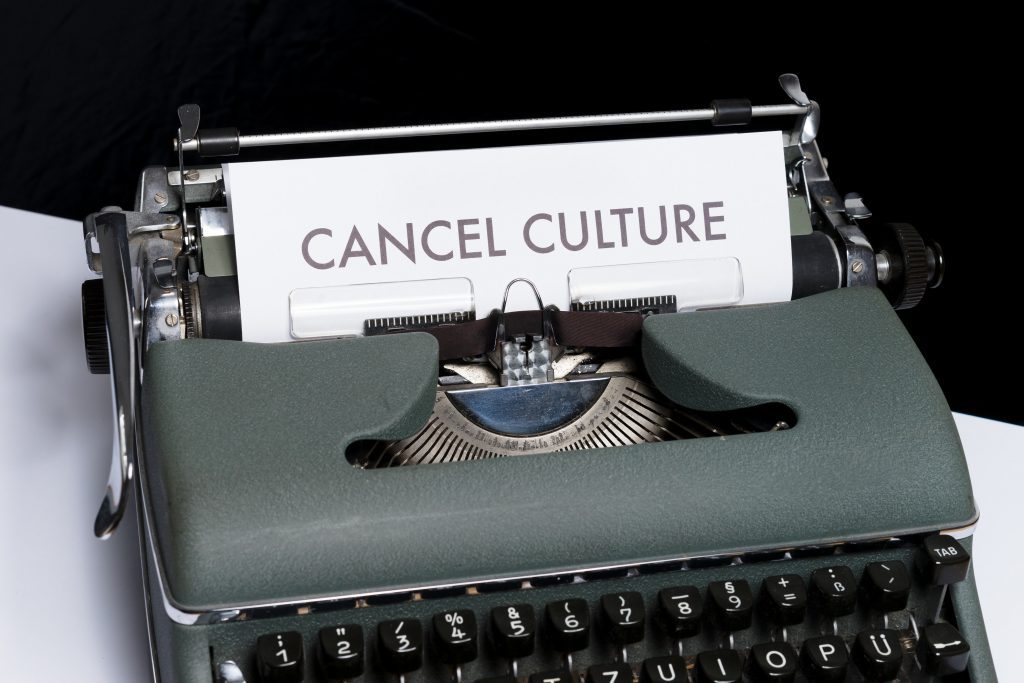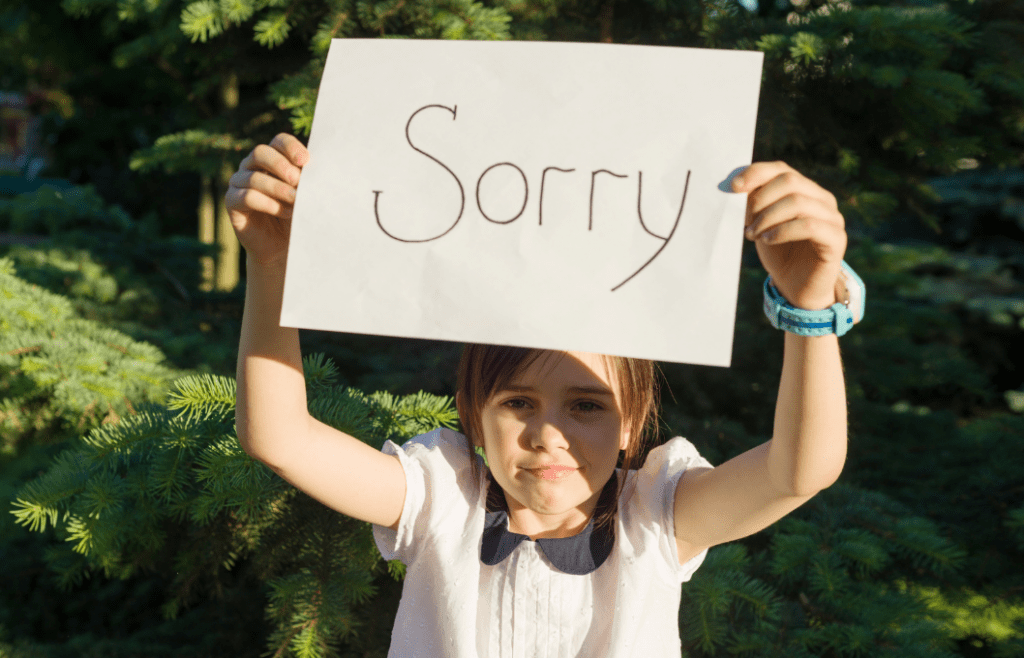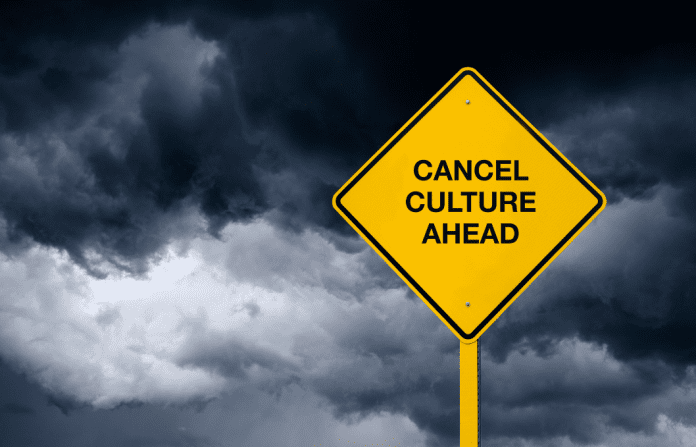Our society is full of different types of shaming, and it’s got to stop for the sake of our kids.

Shaming has taken on different forms as our generation has developed. Body-shaming, public-shaming, mask-shaming, mom-shaming, and the latest and greatest, apology shaming. Apology shaming that is centered around “I’m sorry” that results in “you’re canceled”, thanks to our new friend Cancel Culture.
Somewhere along the way, our apologies went from being accepted to being overanalyzed and undervalued.
Our society has transformed the simple “I’m sorry,” which used to be a complete sentence, for an “I’m sorry, because of xyz…” paragraph. This is still seen as insincere and unforgivable. And what does that teach our kids about their future mistakes and apologies?
Does that mean we teach our kids their mistakes will follow them for the rest of their lives?
That they’re not allowed to be young and foolish?
That their apologies will only be as good as their eloquently typed out Instagram or Facebook caption?
Are we teaching our kids that they must continue to apologize for something they did until kingdom come?
Apology shaming has diluted apologies and taken away from growth, and we have to do better.
For example, “I’m sorry that hurt you” doesn’t mean what it was intended for any longer. It used to mean, “I’m sorry what I said hurt you,” and it went without saying that the person would try to do better. These days, the Cancel Culture believes that statement alone is insufficient and requires an, “I’m sorry that you’re hurt, and now I owe you 1000 apologies and an Ivy League apology letter for why you should believe me”.
Apology shaming has changed the future of our children’s apologies.
We used to be taught to forgive and forget. But the fear of not being liked, being seen as offensive or aggressive, and the anxiety of Cancel Culture, has transformed the way our kids will respect people’s apologies. Apologizing for wrongdoings is honorable, but compulsively apologizing for fear of being canceled is a new phenomenon in the digital world we know today.
Somewhere along the way, we as a society started to devalue people’s apologies and began undermining their presumed progress.
Cancel Culture made us wary of people, and we stopped giving them the benefit of the doubt. Adults today are bringing up things from years and even decades past that someone once posted or said and assume that they have not evolved in those years. Apology shaming is rampant. It demands you apologize for errors or mistakes in your youth or before you knew anything different. Then it refuses to believe that you have changed since.
What does this say to our kids?
Are we doomed to teach them that they will make mistakes and likely never be forgiven for them unless they have a team of lawyers that can make them go away? If I were judged for some of the things that I thought or believed in high school and college, I would likely be living under a bridge somewhere out of shame.
The belief that I couldn’t have grown or matured as a person in those years is inconceivable. I like to believe that over the last 30 years I have evolved and gained (some) wisdom. I would hope that people would believe me when I make my apologies, instead of apology shaming me. And I hope they wouldn’t crucify me for mistakes I’ve made or things I said before I knew any better.
People are only human, and we should stop apology shaming and start showing them a little grace. We can do that by understanding that they made mistakes, just like you, and pray that they will try to be better… if only for our kids’ sakes.
 I think it’s time that we cancel apology shaming and stop expecting perfection from people.
I think it’s time that we cancel apology shaming and stop expecting perfection from people.
I hope that we begin to see people for who they are: people who have made mistakes and will continue to make mistakes but giving them the grace to do so. We should start taking their apologies at face value, accept them, and trust them to be better than they were. And in turn, we can model what giving people grace looks like for our children.











